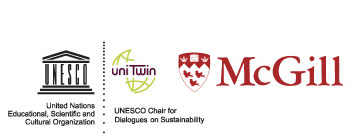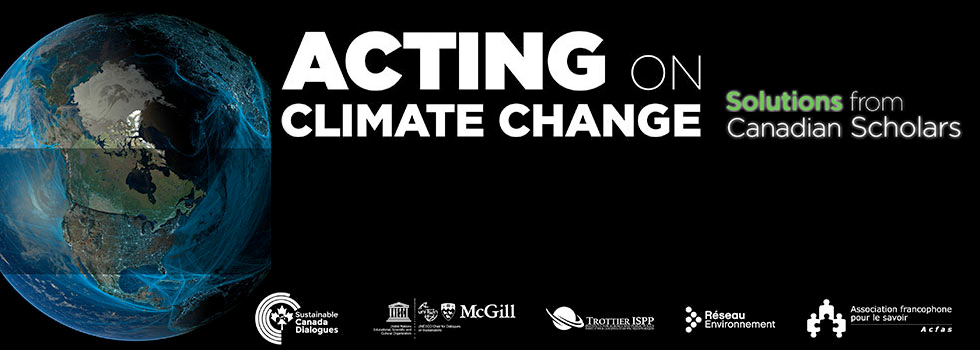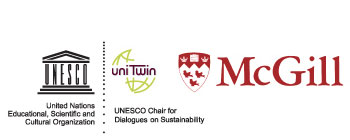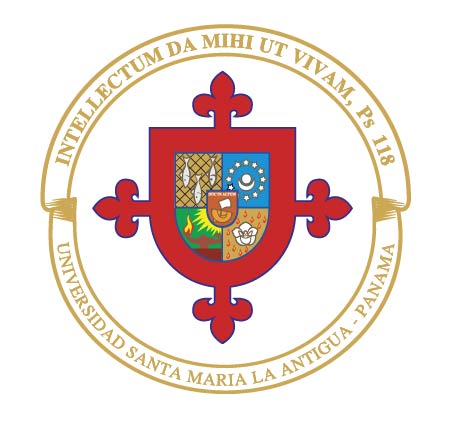Institutional Partners and Research Team
The UNESCO-McGill Chair links four institutions: McGill University in Canada and Universidad Católica Santa María La Antigua (USMA), Smithsonian Tropical Research Institute (STRI) and Panama’s Instituto de Investigaciones Científicas y de Alta Tecnología (INDICASAT) in Panama. Building on the existing collaborative agreements between McGill, USMA and STRI that date back to the 1990s, the Chair deepens these partnerships by engaging with the emerging “Applied Ecology” group recently formed at INDICASAT. In Panama, the UNESCO-McGill Chair will be hosted at USMA.
Located in Montreal, McGill University is one of Canada's best-known institutions of higher learning and one of the leading universities in the world. With students coming to McGill from some 150 countries, our student body is the most internationally diverse of any research-intensive university in the country. McGill was founded in 1821 thanks to a generous bequest by James McGill, and since then, we've grown from a small college to a bustling university with 11 faculties, 300 programs of study, and more than 37,500 students. Since 1999, and with the constant support of STRI, McGill University offers a semester-long undergraduate field program focusing on environment and development: the Panama Field Study Semester (PFSS).
USMA was founded in 1965 and is a non-profit Catholic institution. After STRI, USMA was one of the first partners of McGill in Panama. USMA’s main campus is located in Panama City. It has regional campuses in four other cities in the country. Currently, USMA has six colleges, offering 33 bachelor’s degrees, 23 master’s degrees, and 2 Ph.D. degrees. The urban knowledge platform is hosted specifically by the School of Architecture of USMA, which is one of the most dynamic programs, with 470 registered students in 2012. It is expected that the urban knowledge platform will also have much to offer to the Civil Engineering program, which also has an important focus on urban development. Together, the Architecture and Civil Engineering programs account for one of every four students in the University. On a permanent basis, the university will provide physical space, computer hardware and software, and student assistance. In addition, it is expected that most of the urban knowledge platform’s outreach activities (lectures, workshops, conferences) will take place at the USMA campus.
STRI began, in 1923, as a small biological research station and, with 46 staff scientists, is now one of the largest and top research centres in the tropics. With ~350 support staff, STRI hosts some 1,200 visiting scientists, mentors 800 university students and postdoctoral scholars every year and promotes collaboration with other leading scientists across the globe to deepen understanding of the complex systems of tropical biodiversity. The knowledge platform on forests is hosted by STRI, where the related public activities take place.
The Institute for Scientific Resarch and High Technological Services (INDICASAT) was founded in 2012 by the Secretaria Nacional de Ciencia, Tecnología e Innovación (SENACYT). The main mission of INDICASAT is to promote the development of science technology in Panama by training human resources of excellence and developing scientific research in areas of interest for the country. Some of these areas include molecular biology, biomedicine, drug discovery, ecology and biodiversity.










